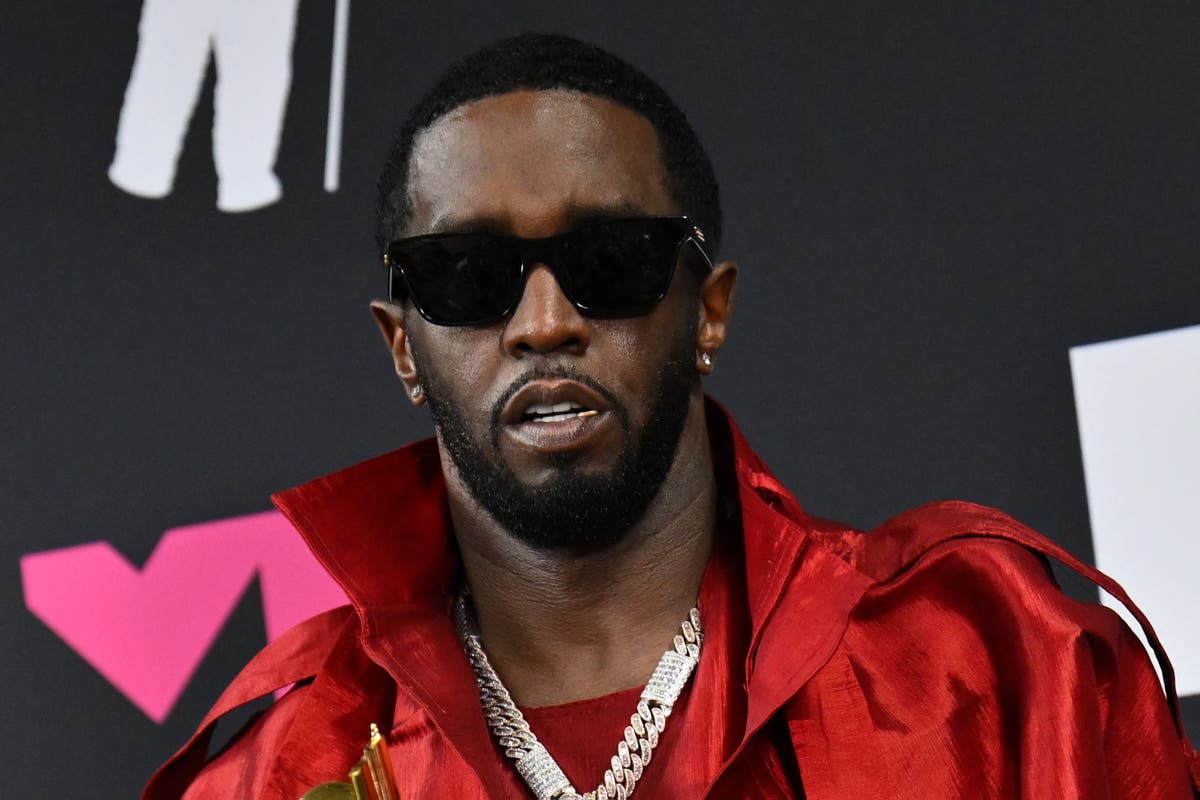Putin’s rule relies heavily on Russia’s commemoration of victory in World War II – Queen City News
Putin Begins Fifth Term as Russian President Amid Victory Day Celebrations
As Russia prepares to celebrate Victory Day, a holiday commemorating the defeat of Nazi Germany in World War II, President Vladimir Putin is at the center of the patriotic pageantry. This year’s celebration holds special significance as Putin recently began his fifth term in office, solidifying his position as the country’s leader.
Despite the dwindling number of veterans from the Great Patriotic War, the victory over Nazi Germany remains a deeply revered symbol of Russia’s strength and resilience. The sacrifices made during the war, with an estimated 27 million Soviet lives lost, continue to shape the country’s national identity.
Putin has made Victory Day a cornerstone of his political agenda since coming to power in 1999. The day is marked by displays of military might, with tanks, missiles, and fighter jets parading through Red Square as veterans join Putin in commemorating the occasion. The black-and-orange St. George’s ribbon, a traditional symbol of Victory Day, is proudly worn by many participants.
For Putin, Victory Day holds personal significance as well. He often shares stories of his father, a war veteran who fought during the Nazi siege of Leningrad. Putin’s family history, marked by tragedy and resilience, mirrors the larger narrative of Russia’s wartime experience.
In recent years, Victory Day celebrations have taken on added significance as Putin seeks to bolster the Soviet legacy and suppress any dissenting views on World War II history. Laws criminalizing the “rehabilitation of Nazism” have been introduced, reflecting the government’s efforts to control the narrative surrounding the war.
Putin’s actions in Ukraine, which he has justified by invoking World War II rhetoric, have drawn criticism from the international community. By framing the conflict as a “denazification” campaign, Putin has sought to paint Ukraine as sympathetic to Nazi ideology, despite evidence to the contrary.
As Russia prepares to mark Victory Day, the event serves as a reminder of the country’s past triumphs and the ongoing political maneuvers of its leader. Putin’s embrace of the Soviet legacy and his manipulation of historical narratives underscore the complex interplay between history, politics, and national identity in modern-day Russia.



